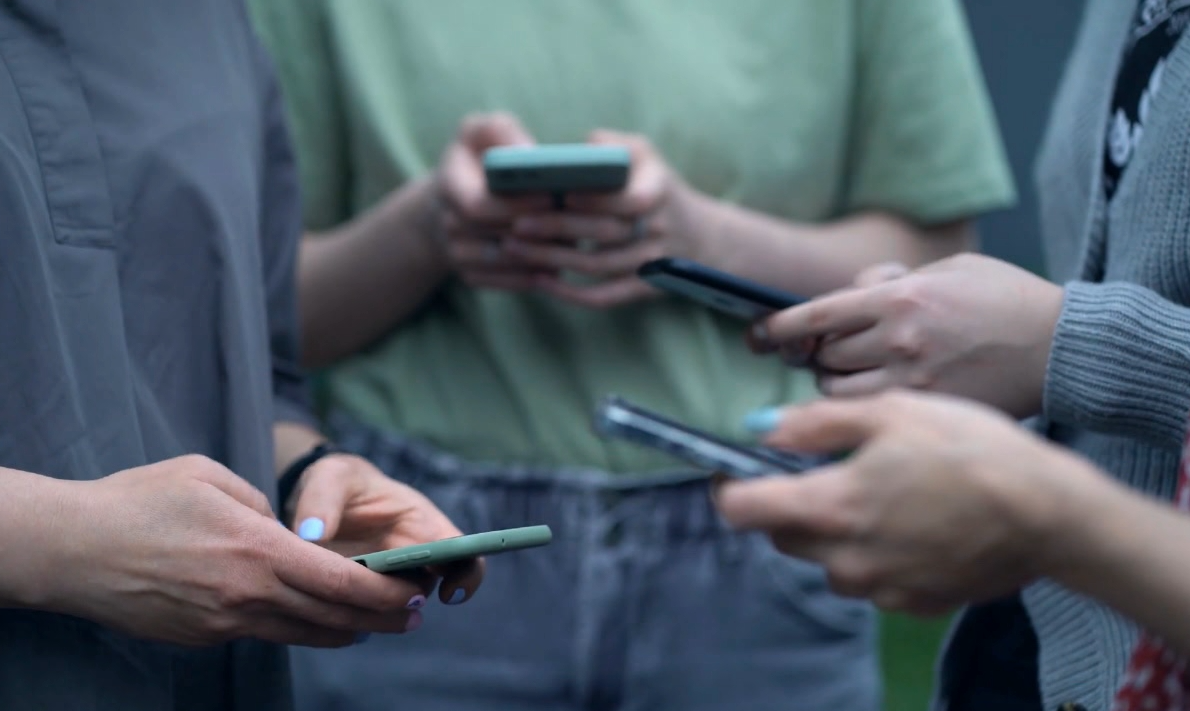SPOKANE, Wash. — A long day of no or limited phone use at school might have some Spokane Public School students going overboard with the screen time once they get home.
In August 2024, SPS introduced a ‘no phone policy’ that keeps elementary and middle school students unplugged throughout the day, while high schoolers are allowed limited phone use during lunch and passing periods.
While the district has seen benefits of that policy in the hallways and classrooms, it is now working to address late-night screen time after finding many students are regularly staying awake past midnight.
“We consistently hear from kids, even elementary age, that they’re going to bed past 12 or 1 a.m.” said Dr. Adam Swinyard, Spokane Public Schools superintendent. “I think it’s reasonable to assume the reason they’re not going to bed is that they’re on a screen.”
Dr. Anne Mason from Washington State University’s College of Nursing said studies demonstrate clear academic consequences.
“Long term studies have found that students with poor sleep habits score lower on overall standardized tests, and have diminished problem solving abilities on those tests,” Mason said.
The sleep deprivation crisis extends beyond test scores, with insufficient rest contributing to anxiety, depression and reduced attention spans among children. These symptoms create a cycle that further impacts students’ ability to succeed academically and socially.
To support families seeking alternatives to screen time, Spokane Public Schools has developed resources through its Engage IRL website.
RELATED COVERAGE: SPS sees big changes with cell phone ban, ‘Engage IRL’ initiative
“It is harder than it sounds, because kids are addicted to screens, and I’m a dad and know that pulling that device out of their hand is no small task,” Swinyard said.
The Engage IRL platform provides lists of free and low-cost activities families can participate in during summer months, offering structured alternatives to digital entertainment.
At home, Dr. Mason also recommends creating screen-free zones throughout to reduce evening device usage. These areas should include bedrooms, kitchen tables and outdoor spaces like parks where families can engage without digital distractions.
Establishing consistent bedtime routines is another crucial step in addressing the problem.
“Setting healthy boundaries around screens, especially before bed, is a real challenge. But this is where we come in as adults caregivers,” Mason said.
Sh suggests parents demonstrate proper screen etiquette by putting their own devices away before bedtime, teaching children to follow similar patterns through example rather than just rules.
For more family-friendly and mostly free outdoor activities to enjoy across the INW this summer, check out 4 News Now’s Get Outside Guide!
COPYRIGHT 2025 BY KXLY. ALL RIGHTS RESERVED. THIS MATERIAL MAY NOT BE PUBLISHED, BROADCAST, REWRITTEN OR REDISTRIBUTED.
